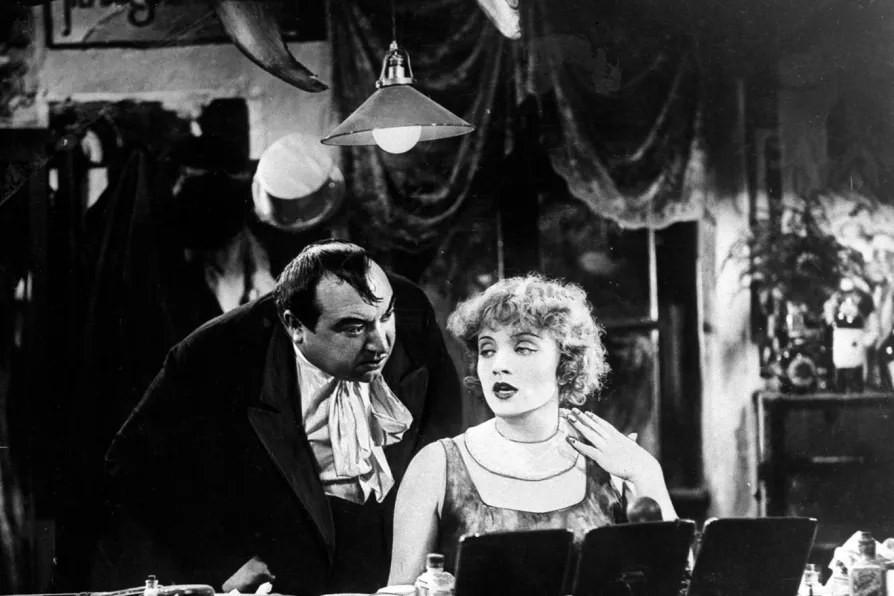RICHARD BURGON MP speaks to Ben Chacko about the Labour right’s complicity in the Mandelson scandal and the need for a total break with Starmerism if the party is to defeat Reform

 Marlene Dietrich and Emil Jannings in The Blue Angel (1930)
Marlene Dietrich and Emil Jannings in The Blue Angel (1930)
MARLENE DIETRICH, who died 30 years ago, on May 6 1992, must be remembered not only for her importance as role model for emancipation, but also for her outspoken and active stand against her Nazi homeland.
Born in Berlin on December 27 1901, she became one of the most famous actors of all time.
Her breakthrough came with the 1929 film The Blue Angel. She left Germany for Hollywood in 1930.

Hundreds in Berlin gathered on January 15 to honour the US-born socialist who made East Germany his home. Florentine Morales Sandoval reports

NICK WRIGHT returns to Berlin and finds a city in darkness and political turmoil

In a speech to the 12th Xiangshan Forum in Beijing, SEVIM DAGDELEN warns of a growing historical revisionism to whitewash Germany and Japan’s role in WWII as part of a return to a cold war strategy from the West — but multipolarity will win out

JOHN GREEN observes how Berlin’s transformation from socialist aspiration to imperial nostalgia mirrors Germany’s dangerous trajectory under Chancellor Merz — a BlackRock millionaire and anti-communist preparing for a new war with Russia










